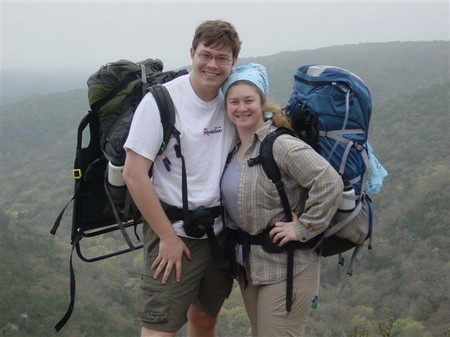There are several different ways to take your spending money when backpacking in Europe:
- Traveller’s cheques: These are available at all banks, post offices and many travel agencies and can simply be exchanged for cash in the local currency in every European country. Sterling cheques are accepted in all European countries. Ask for many small denominations so that you do not have too much money left over when leaving one country and then have to pay again to convert it into the currency of the next country.
- Eurocheques: with a Eurocheque card you can simply make out cheques using your regular cheque book to pay for goods and services in shops, hotels and so on in every European country. These are safe, convenient and easy. However, you do have to pay a fee on each cheque used, so they are better used only for larger purposes.
- Cash dispenser cards: Cash cards issued by most banks are now acceptable at many cash dispenser machines in European countries. Ask your bank which networks their card is valid in. Although a handling charge is made for these cash withdrawals you will find it is quite economic compared to other methods. The only difficulty, however, may be in finding a cash machine if travelling in rural areas.
- Credit cards: If you do not have a credit card it is worth considering applying for one. Visa and Mastercard are accepted in all European countries. They can be used in shops, to pay for travel and accommodation, and can also be used in banks and cash dispensers to withdraw cash. Again, a handling fee is charged on cash withdrawals but it compares favourably with other methods. If you do not wish to run up a large credit bill then it is still worth having a credit card to provide an emergency fund. Alternatively, pay your spending money into the card account before you travel.
- Cash: It is never a good idea to take your spending money in cash. Remember, as a backpacker you are more likely to suffer a loss or theft in any case so only carry as much cash as you need at any one time.
Changing money
Using a bank may be a little different to what you are used to at home. Firstly, always check up on the business and bank hours in the country you wish to visit.
Banks usually charge transaction fees on currency exchange and do not always offer the best interest rates, but they are usually reliable and honest when calculating the transaction. In some countries the bank will have a doorman. Ask them exactly where to go as there is often a separate department for currency exchange. Always take your passport when changing currency. It may not always be required, but it sometimes is.
Bureaux de change offices may offer a better exchange rate but may charge a transaction fee also. Before using them calculate whether the end deal will be better or worse than a bank. Also, work out for yourself what currency you should receive and check your change carefully as dishonesty is a risk in some places. Do not use unlicensed moneychangers. They may offer a better rate but are very often dishonest.



